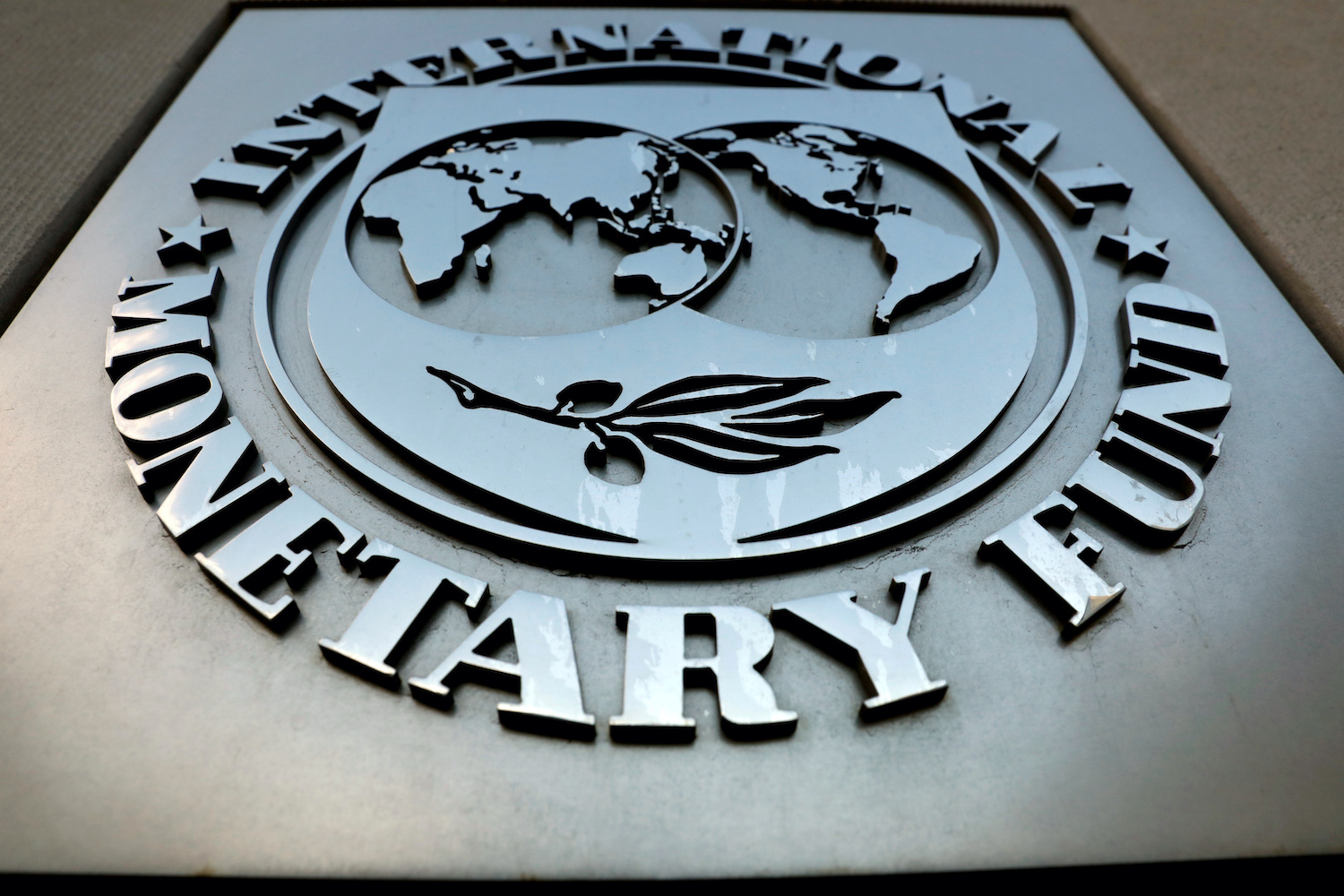(ATF) Group of Seven finance ministers are likely to back new funding support via the International Monetary Fund’s “special drawing rights” to help low-income countries hit hard by the coronavirus pandemic, at an online meeting late on Friday (Feb 12), sources have revealed.
Officials from the United States, the IMF’s biggest shareholder, have told reporters they are open to a new issuance of $500 billion. Such a move would be a clear shift in position from that of the Trump administration.
“We expect Friday’s G7 meeting to take decisions on important initiatives, and for France that is the question of a new allocation of IMF special drawing rights,” a French finance ministry source was quoted as saying by Reuters.
Special drawing rights or SDRs allow IMF members to tap more reserves in proportion to their shareholding in the Fund, similar to a central bank issuance.
Germany and Italy also back a $500 billion issuance, the sources reportedly said.
A consensus among the G7 “rich nations” would pave the way for a broader agreement among G20 countries next month, which could set the stage for a formal decision at the IMF’s annual spring meeting in April.
Two sources familiar with the matter cautioned that US Treasury Secretary Janet Yellen, taking part in her first G7 meeting in her new post, had not clearly stated her views on the matter. She is due to brief President Joe Biden and Vice President Kamala Harris on Friday after the G7 meeting.
The current members of the G7 are: Canada, France, Germany, Italy, Japan, the United Kingdom, United States, plus officials from the European Union.
A third source said some Republicans in the US Congress would chafe at a potential boost in funding for China, Iran and Venezuela. But proponents said it would be difficult for countries facing US sanctions to access the cash, because they would have to use banks wary of running afoul of Washington.
Senior Democratic US senators who back an even larger allocation of $2 trillion SDRs are lobbying US Treasury officials personally to move forward, citing the unprecedented nature of the crisis, a Senate aide said.
“Things are moving in a positive direction,” said the aide, adding that Yellen’s appointment of David Lipton as a senior adviser could be helpful.
Lipton, the former No. 2 official at the IMF, was a senior Treasury official when the last SDR allocation of $250 billion was approved in 2009, in the throes of the Global Financial Crisis.
One IMF expert said a $500 billion boost in SDRs would deliver some $14 billion in added reserves to low-income countries and $60 billion to emerging markets, but others said the yields could be much higher.
While the amounts are relatively low, the boost would have an outsized impact for poorer economies and could reassure financial markets at a time when many such countries are teetering on the edge of default.
Wealthy countries could also lend extra SDRs to an IMF facility that in turn could lend to low-income countries on easier terms than they would get from financial markets.
With reporting by Reuters
ALSO SEE:
























